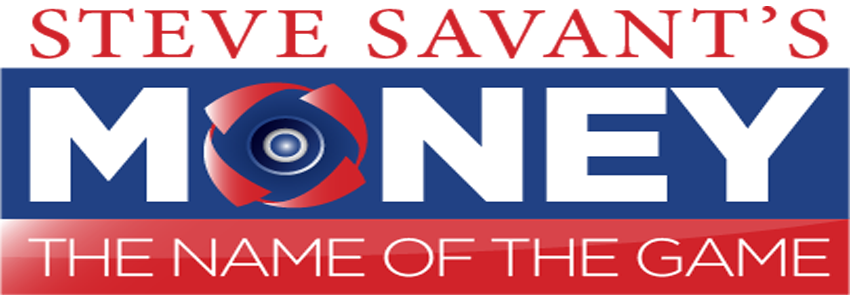 Mesa 1/10/2019 10:00:00 AM
Mesa 1/10/2019 10:00:00 AM
News / Finance
The Distribution Debate: Qualified or Non Qualified Retirement Plans
Should You Leave ERISA Plans If Your Tax Bracket is Low?

In a typical non-qualified plan, the contributions are NOT tax deductible. Examples are cash value life insurance and Roth IRAs, which accumulate tax deferred and can be distributed tax free. Qualified plan contributions are tax deductible, but taxable on the distributions. The query is pay taxes today or pay them tomorrow. To use a metaphor: Should you pay taxes on the seed or taxes on the harvest. If you’re in a low effective tax bracket with no employer contribution match, paying taxes on the contribution could be significantly better in the long run. Keep in mind you’ll at least have tax-free basis and if it’s a Roth IRA or cash value life insurance the gains could be tax-free as well. There are four financial products you should consider if you’re in a low tax bracket and ready to fund your retirement with tax advanced products.
1) Health Savings Accounts - Tax-deductible contributions and tax-free distributions for approved medical expenses and related health insurance premiums.
2) Roth IRAs – not tax deductible, but tax-free distributions with no required minimum distributions.
3) Reverse Mortgage – tax-free income from home equity loans
4) Cash Value Life Insurance – tax-free income from policy loans against the cash accumulated cash values.
All four financial products generate tax-free distributions that are not included in the provisional income test for Social Security benefit taxation. That could mean a tax-free retirement plan with no ERISA regulations!
